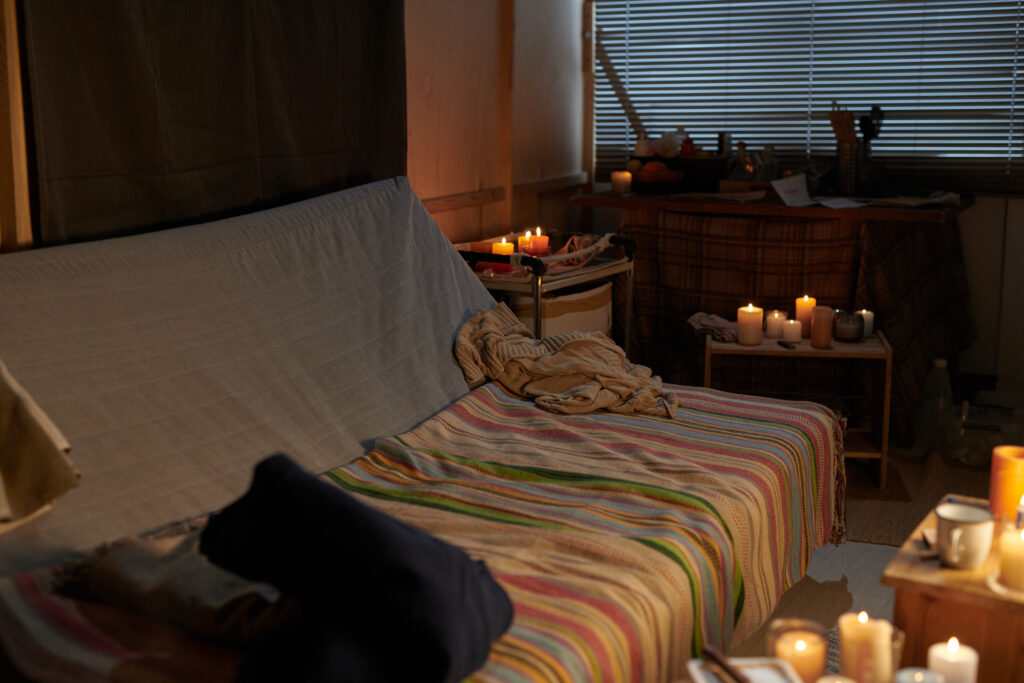Mental health conditions can impact sleep patterns and even contribute to sleep disorders like sleepwalking. By raising awareness, we can better understand the link between mental health and sleep, offering support and insight for those affected.
Mental health conditions such as anxiety, depression, and PTSD can significantly disrupt sleep, potentially triggering episodes of sleepwalking. Recognising these connections helps individuals and families manage both sleep and mental wellbeing more effectively.


Several mental health conditions are known to disrupt the body’s natural sleep-wake cycle. These include generalized anxiety disorder, depression, bipolar disorder, and post-traumatic stress disorder (PTSD). Individuals living with these conditions may experience insomnia, fragmented sleep, or parasomnias like sleepwalking. Early understanding and support can help improve quality of life.
Possible Causes
Mental health conditions are influenced by a combination of factors. While each person’s experience is unique, understanding common triggers can be a helpful step toward prevention and support.
Prolonged stress can overwhelm the mind and body, increasing vulnerability to mental illness.
Events like accidents or abuse may lead to lasting emotional and psychological challenges.
A family history of mental health conditions can increase personal risk.
Persistent sleep deprivation is a key contributor to mood and anxiety disorders.
Significant transitions—like divorce or job loss—can trigger mental health struggles.
DID YOU KNOW
Sleepwalking affects both children and adults, often running in families. Linked to mental health and long-term persistence, it’s more common than many realize and deserves better awareness and support.
Sleepwalkers often navigate familiar spaces without being aware.
Most episodes begin during the deepest stage of sleep.
Sleepwalking can last a few seconds—or up to 30 minutes.
It’s okay to wake a sleepwalker—they may just be a bit disoriented.
Children vs Adults
Family Connection
Experienced Doctor
Chronic Cases
EXPERTS’ POINT OF VIEW
Experts from various fields share their insights on sleepwalking, its causes, risks, and effective treatments, helping to raise awareness and improve understanding of this complex condition.
Clinical Psychologist & Sleep Researcher
Consultant Neurologist & Sleep Specialist
Sleep Medicine Specialist, Mass Eye and Ear
Clinical Psychologist & Sleep Specialist
FAQS
Here are some common questions about how mental health conditions relate to sleep and sleepwalking.
Mental health conditions are disorders that affect mood, thinking, and behavior, such as anxiety or depression.
Yes. Certain conditions, especially when untreated, can increase the likelihood of sleepwalking episodes.
Anxiety can cause restlessness and difficulty falling asleep, often leading to fragmented sleep.
While depression primarily affects mood, its impact on sleep may indirectly contribute to sleepwalking.
Yes. Children are more prone to sleepwalking, and underlying mental stress can be a contributing factor.
It’s important to ensure their safety and consult with a healthcare provider or sleep specialist.
Absolutely. Poor sleep can worsen mental health, and mental health conditions can disrupt healthy sleep.
Stay Informed & Empowered